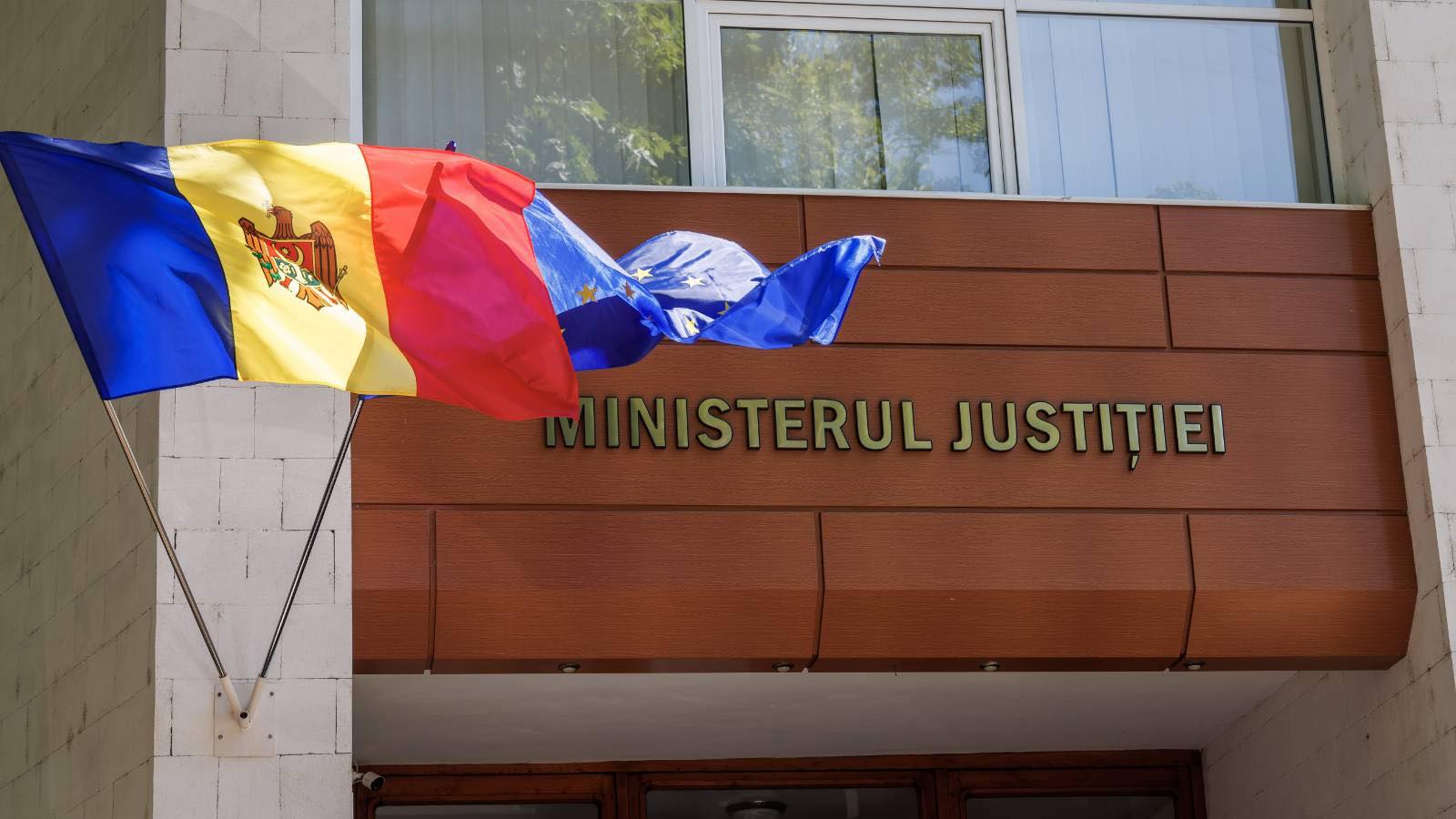
Moldovan Justice Ministry says release on bail of Veaceslav Platon does not minimize chances of extradition
The release on bail of Veaceslav Platon does not minimize the chances of extradition to Moldova. Ministry of Justice has made statements to this effect, after he was released on bail today.
According to the institution, release on bail is a form of preventive measure, without impact on the substance of the extradition procedure.
“The extradition request for Veaceslav Platon, addressed to the British authorities, was sent by the Ministry of Justice on May 14, 2025. It concerns three criminal cases that are currently pending in courts. An extradition request for the same person was also sent by the Prosecutor General's Office. Based on this, on March 13, 2025, Veaceslav Platon was detained by the British authorities,” the Ministry of Justice said.
The two extradition requests have been connected and will be examined in a single procedure. British courts are expected to pronounce a decision on the extradition during November 24–28, 2025.
“In Moldova, according to the legislation, the responsibility for extradition procedures falls on the Prosecutor General's Office and the Ministry of Justice. Thus, according to the Criminal Procedure Code, the Prosecutor general's Office is the competent authority for transmitting extradition requests and related documents in cases of wanted persons. For its part, the Ministry of Justice is responsible for the submission of the extradition request for already convicted persons,” the Ministry of Justice noted.
On March 13, 2025, Veaceslav Platon was detained by British authorities. After his detention, preventive arrest was applied to ensure the extradition procedure.
On July 23, this year, the British court accepted the release of Veaceslav Platon on bail of 330 thousand pounds, imposing a string of conditions, including electronic monitoring.
Veaceslav Platon is prosecuted in the criminal file commonly known as “Laundromat,” being accused of organizing and leading a criminal organization; organizing the deliberate issuance by a judge of a ruling, sentence, decision, or conclusion contrary to the law; organizing abuse of office committed in the interest of an organized criminal group or a criminal organization; organizing the fabrication, possession, and use of false official documents, committed by two or more persons, and organizing money laundering by a criminal organization, in particularly large amounts.
PHOTO // Modern Sports Complex built in Telenești
Set of documents with different identities belonging to Vladimir Plahotniuc and Constantin Țuțu seized following airport and home searches
Moldovan citizens in Transnistrian region benefited from social payments amounting to 27.6 million lei
Parliament speaker visits central Moldova village
Former president of Moldovan Democratic Party placed under preventive detention for 40 days in Greece
Voice of civil society mattered: pollution risk amendments from law on emissions not supported in Moldova
Moldovans residing in UK to be able to exchange driving licenses without taking exams as of 1 August 2025
PHOTO GALLERY // First service of anesthesia in imagistics through magnetic resonance inaugurated at Oncological Institute
Meteorologists issued yellow heatwave warning for July 24
Calls, Internet without extra charges in European Union; Moldova joins EU's Roam Like at Home Zone as of 2026
Moldova's Superior Council of Magistracy finishes contest for filling vacant positions of judge
Romanian authorities open criminal file on formed documents found on Vladimir Plahotniuc
Parliamentary Elections 2025 // Increased interest in polls on behalf of independent candidates in Moldova: eleven contenders have already submitted documents
Veaceslav Platon released on bail
Over 3 billion lei allocated for roads' rehabilitation in 2025; Moldovan PM says government to continue investments in roads' infrastructure
Bulgarian PM to visit Moldova
EU to launch call for investors interested in contributing to economic development of Moldova
VIDEO // First pictures with Vladimir Plahotniuc, Constantin Tutu brought before court in Athens
DOC // Employees to be able to enjoy holiday vouchers; legislative changes published in Official Journal of Moldova
Poland ranks fourth among economic partners of Moldova in EU; constant growth in trade exchanges
Railway of Moldova state enterprises announces full settlement of obligations accumulated to 1,000 employees with government's aid of 50 million lei
Anticorruption officers make searches at bailiff from Moldovan capital, prosecuted in file on abuse of office
Moldovan PM discusses with mayors of Chisinau suburbs
VIDEO // Chișinău to have modern ring road with European Union support
EU invests over 17 million lei in urban revitalization of five cities in Moldova


